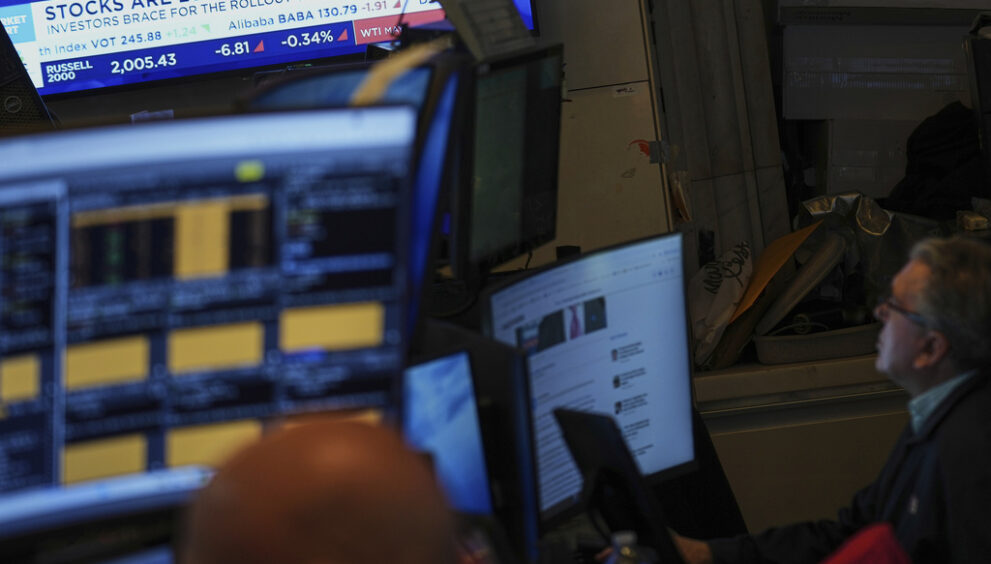The Potential of a Stock Market Decline to Trigger an Economic Recession

The relentless American consumer has consistently surprised economic pessimists in recent times. Real personal consumption expenditure has stayed robust and consistent throughout much of the post-pandemic expansion phase. Initially, consumption was driven by surplus savings from significant fiscal transfers and strong wage growth due to a tight labor market.
However, in more recent times, low- and middle-income households have faced challenges due to persistent inflation and high borrowing costs. They have exhausted their extra savings, and a weakening job market is impacting wage increases. Delinquency rates among subprime borrowers, particularly for credit card and auto loans, are on the rise.
As a result, personal consumption expenditure, accounting for about 67 percent of GDP, is increasingly influenced by high-income households’ spending behaviors. Those earning over $250,000 annually (the top 10 percent of earners) now contribute almost half (compared to one-third in the 1990s) of all U.S. consumer spending. So, why has there been an increased dependence on affluent spending lately, and what risks does it pose for the American economy?
Before discussing recent developments, it’s essential to differentiate between income and wealth in economics. While income is the earnings or salary per period (a flow variable measured over a specific time), wealth represents net worth (total assets minus liabilities) and is a stock variable (measured at a specific point in time).
Generally, higher-income households tend to have a lower marginal propensity to consume, meaning they are more likely to save rather than spend additional income compared to lower-income households. In contrast, lower-income households are more inclined to spend most of their additional income as they often live from paycheck to paycheck. Wealthy households usually invest their surplus income in financial markets to enhance their wealth.
Despite the surge in retail investing due to trading apps like Robinhood and social media groups, financial assets remain concentrated, leading to extreme wealth disparity. The U.S. economy has increasingly relied on affluent households as lower-income households face spending constraints. However, this dependency has amplified the risks of an economic downturn following any stock market corrections.
Recent analysis indicates that wealth effects due to shifts in asset values may have grown substantially in the aftermath of the pandemic. With the increased reliance on wealthy households for consumption expenditure, even a minor rise in wealth effects from a stock market decline could significantly impact the economy. Local economies heavily reliant on affluent consumers may be particularly vulnerable, turning the stock market from a mere indicator to a potential catalyst for economic shifts.
Market expectations have traditionally leaned on the “Fed Put,” the anticipated intervention of the Federal Reserve during market downturns. Nevertheless, ongoing inflation challenges might limit the Fed’s ability to intervene effectively this time around. With the potential lack of a “Trump Put” amidst market fluctuations, a tariff-centered policy agenda could result in an inevitable equity market decline.
As policy uncertainty heightens and consumer sentiment deteriorates, the disappearance of “U.S. exceptionalism” trends could create a negative feedback loop. Market declines impacting consumer confidence and wealth effects could chill the economy, leading to lower corporate earnings, further exacerbating stock market losses. If affluent households reduce spending in response, a recession could ensue.
Dr. Vivekanand Jayakumar, an economics associate professor at the University of Tampa, presents these insights.






















































































































































































































































































































































































































































































































































































































































































































































































































































































































































































































































































































































































































































































































































































































































































































































































































































































































































































































































































































































































































































































































































































































































































































































































































































































































































































































































































































































